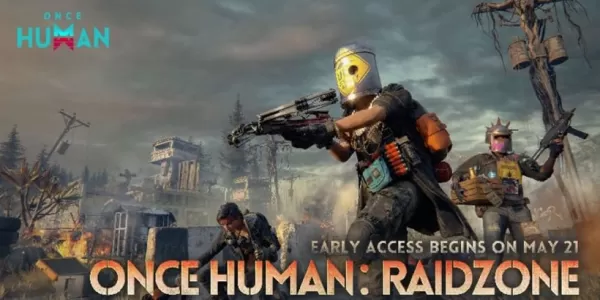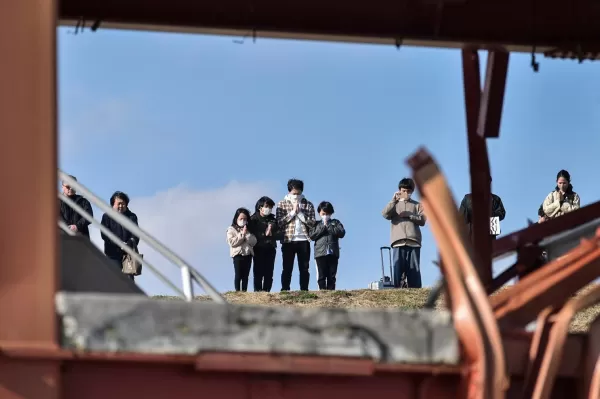10 Historical Twists in Assassin’s Creed
- By Sophia
- Nov 03,2025


Ubisoft has once again launched players into the Animus, transporting them to feudal Japan"s turbulent Sengoku period. Assassin"s Creed Shadows brings to life historical figures from 1579 including Fujibayashi Nagato, Akechi Mitsuhide, and Yasuke - the African warrior who served under Oda Nobunaga. True to series tradition, these characters become part of a narrative blending fact with fiction, weaving tales of vengeance, treachery, and bloodshed - including Yasuke"s imagined quest to execute foes for weapon upgrades.
A History Lesson With Creative License
While Ubisoft"s open worlds showcase remarkable historical research, they remain works of speculative fiction. The developers freely adjust historical records to serve their sci-fi conspiracy about ancient societies battling for control using precursor technology. Here are ten notable historical liberties taken throughout the franchise:
The Imaginary Assassin-Templar War

The foundation of Assassin"s Creed"s central conflict lacks historical basis. While both the Order of Assassins (1090 AD) and Knights Templar (1118 AD) existed separately, no evidence suggests their legendary war ever occurred. Both orders dissolved centuries before most game settings.
The Borgia Conspiracy Exaggerated

While Rodrigo Borgia"s papacy (Alexander VI) featured corruption, his portrayal as a Templar scheming to control humanity stretches reality. His son Cesare"s ruthless reputation also exceeds historical evidence—Machiavelli actually considered him an effective ruler.
Machiavelli Misrepresented

The political philosopher"s real-world advocacy for strong authority contradicts his portrayal as an Assassin ally fighting Borgia oppression—he actually admired Cesare"s leadership.
Da Vinci"s Fantastical Inventions

While accurately capturing Da Vinci"s brilliance, the games exaggerate his creations" functionality—no historical account confirms operational war machines or successful flying prototypes.
The Violent Boston Tea Party

The peaceful 1773 protest became a violent bloodbath in AC3"s version—historically featuring property damage without casualties.
The Unlikely Mohawk Revolutionary

Connor"s alignment with Patriots contradicts history—most Mohawks supported British forces who promised to protect ancestral lands from colonists.
The Templar-Made Revolution

Unity"s framing of the French Revolution as Templar-engineered overlooks complex socioeconomic causes like famine from natural disasters.
The Misrepresented King"s Execution

The game"s narrow voting margin contradicts historical records showing overwhelming support for Louis XVI"s execution following his attempted escape.
Jack the Ripper Reimagined

Syndicate"s portrayal transforms the notorious serial killer into a disillusioned Assassin—a creative reinterpretation of unsolved historical crimes.
The Paradoxical Caesar Assassination

Origins" depiction overlooks Caesar"s populist reforms and that his murder triggered Rome"s transition from Republic to Empire—the opposite of his assassins" intentions.
The Assassin"s Creed series blends meticulous historical research with dramatic liberties—creating compelling fiction rather than documentaries. What are your favorite examples of Ubisoft"s historical adaptations?
Latest News
more >-

-

- Once Human unveils PvP spin-off RaidZone
- Nov 03,2025
-

-

- Ninja Time Elements: Tier List & Guide Unveiled
- Nov 02,2025
-

- The Witcher 4: New Updates & Developments
- Nov 02,2025



